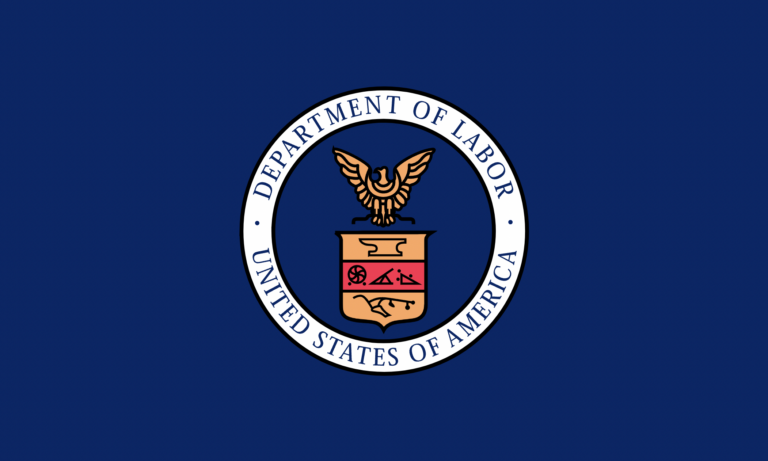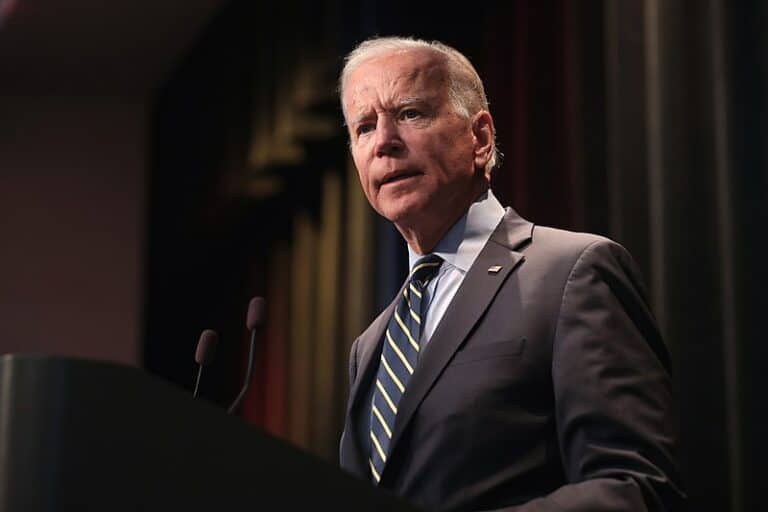The prison strike enters day nine, as the estimated 900,000 incarcerated laborers (out of a population of 2.4 million) demand “an immediate end to prison slavery.” Sarah Holder of City Lab, quoting ACLU National Prison Project’s David Fathi, breaks down the cold truth behind a high incarceration rate: both public and private employers have a “financial interest in it.”
According to US News, Brandeis graduate students became the first at a private university to secure a labor agreement. The graduate student union must still vote on the deal, but the contract boosts teaching pay by as much as 56% over three years. Down the road from Brandeis’ Waltham campus, last spring Harvard administrators also committed to negotiating with students who work as teaching and research assistants. Other schools have been more resistant.
In Washington, the U.S. Labor Department announced plans for an “Office of Compliance Initiatives” – a new preventative, information-focused and employer-oriented operation. Through strategic uses of data and partnerships with law enforcement agencies, the office will facilitate employers’ awareness of – and thus, compliance with – regulations. According to the Wall Street Journal, the business community interprets this plan as a shift from the Obama administration’s “overstressed need for aggressive enforcement” and welcomes a “culture of compliance assistance.”
Facebook is finding itself a site of political turmoil, once again, although this time the turmoil and the politics are home-grown. “We Have a Problem With Political Diversity,” senior engineer Brian Amerige stated in a memo posted to the company’s internal message board. The memo, which the New York Times has published, describes a “political monoculture” that chills employee expressions. According to the Times, about one hundred additional employees have joined Mr. Amerige to form a group advocating for “political diversity” in a workplace they perceive is hostile to any non-left-liberal ideologies. Other employees, in a workforce of 25,000, have tried to shut down the group, but managers are maintaining that the group does not violate any company rules. Facebook has recently been fielding concerns from Republican lawmakers about the network’s “anticonservative bias.”
California’s pro-business lawmakers are fighting to curtail, quickly, the effects of the California Supreme Court’s pro-labor decision in Dynamex Operations West, Inc. (holding that workers are presumed employees rather than independent contractors and establishing a three-part test companies must pass in order to prove otherwise). The Bay Area’s Mercury News reports that since the Dynamex decision last April, businesses have been “scrambling” to mitigate potential harms to the gig economy. The legislature can vote to delay the legal force of the decision for one or two years, or can rewrite state law to protect companies, but it must do so before the legislative session comes to a close on August 31. Pro-business lobbying is thus “fast and furious,” while labor leaders respond in kind, as they value the decision as the “core to rebuilding the middle class.”
Christopher Mackin writes in the New Republic of “developments at Google and Tesla [that] signal a new reckoning by employees—white collar and blue collar—with the limitations of the modern utopian workplace.” While Silicon Valley employees might once have been seduced or appeased by their employers’ innovative aims and freshly stylized approaches to workplace culture, they were always in the “structural and longstanding” bind of the employment relationship; today, employees’ “pent-up forces” are being “loosened,” as they demand a “seat at the table.” Mackin explores ways out of the “human rental arrangement” that is traditional employment, and cogently describes how employees might accede more control over enterprise.
In Arkansas, voters will have the chance to decide if minimum-wage workers deserve a raise. The question has been certified for the November ballot, and, if passed, will ease the plight of the working poor, according to Arkansas for a Fair Wage. The proposal calls for gradual raises toward $11 an hour in 2021; currently, nearly 300,000 Arkansans earn the minimum of $8.50 an hour.









Daily News & Commentary
Start your day with our roundup of the latest labor developments. See all
April 19
Alabama and Louisiana advance anti-worker legislation; Mercedes workers in Alabama set election date; VW Chattanooga election concludes today.
April 18
Disneyland performers file petition for unionization and union elections begin at Volkswagen plant in Tennessee.
April 18
In today’s Tech@Work, a regulation-of-algorithms-in-hiring blitz: Mass. AG issues advisory clarifying how state laws apply to AI decisionmaking tools; and British union TUC launches campaign for new law to regulate the use of AI at work.
April 17
Southern governors oppose UAW organizing in their states; Florida bans local heat protections for workers; Google employees occupy company offices to protest contracts with the Israeli government
April 16
EEOC publishes final regulation implementing the Pregnant Workers Fairness Act, Volkswagen workers in Tennessee gear up for a union election, and the First Circuit revives the Whole Foods case over BLM masks.
April 15
The Supreme Court ruled in favor of bakery delivery drivers in an exemption from mandatory arbitration case; A Teamsters Local ends its 18-month strike by accepting settlement payments and agreeing to dissolve